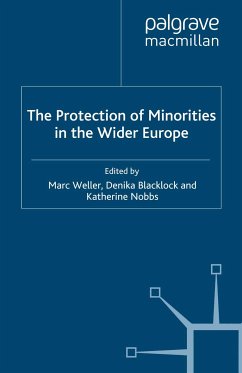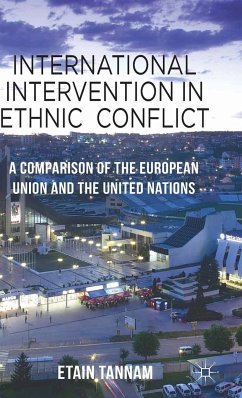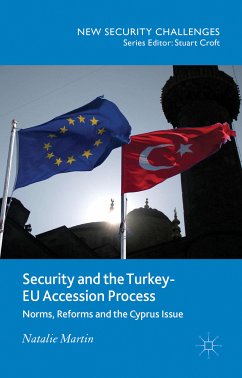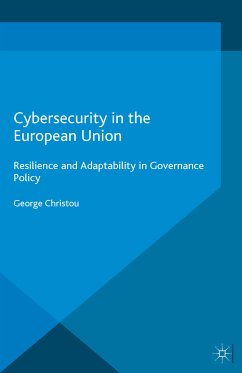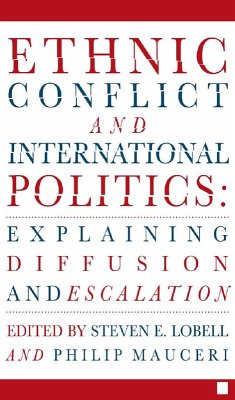"Lynn Tesser has written an important book that epitomizes the best traits of good comparative research: strong theoretical foundations and an engaging and innovative empirical structure. Her ability to cover diverse regions and periods has enabled her to provide us with crucial insights into how far Europe has come in its understanding of and responses to forced migrations, 'ethnic cleansing', and ultimately genocide. Tesser's disturbing and well-argued conclusion is: not nearly far enough."
- Josip Glaurdic, Department of Politics and International Studies, University of Cambridge, UK
"Tesser draws together a wide range of theoretical perspectives and combines them with rich historical detail to provide a fresh look at
the politics of ethnic separation and subsequent remixing. Her thought provoking analysis will be of interest to students, researchers and policy makers concerned with nationalism and ethnic conflict."
- Jennifer Jackson-Preece, London School of Economics, UK
''Academics will appreciate Tesser's clear exposition of her analytical framework whereby her quadratic nexus, with appropriate modifications, is likely to remain productive for the foreseeable future, whether by providing the impetus for eureka moments for those struggling to frame similar interdisciplinary, comparative projects or by raising scholarly hackles among students of politics, memory, regime theory and history.'' - Steven Jefferson, University of London(IMLR), UK
'[The book's] main contribution certainly lies in drawing readers' attention to the after-effects of the European politics of separation in the context of the current premium on European integration The book offers analyses of a considerable number of contexts: Poland; Czech Republic; Cyprus; Slovenia and Croatia; and Bosnia & Hercegovina. All case study chapters cover the history of each case's internationally sanctioned ethnic separation, threat perceptions and thepoliticisation of potential expellee return in the context of European integration. There are clear parallels between cases. Also, rich empirical detail is provided in support of Tesser's core argument which states that the variation between countries as regards the resurgence of ethnic tensions in the context of EU accession can be explained by variation in the 'quadratic nexus' (comprising geographical proximity, selective memory, expellee activism and pressures deriving from international integration).' - Ada-Charlotte Regelmann (2015) Ethnic Cleansing and the European Union. An Interdisciplinary Approach to Security, Memory and Ethnography, Europe-Asia Studies, 67:3, 507-509





